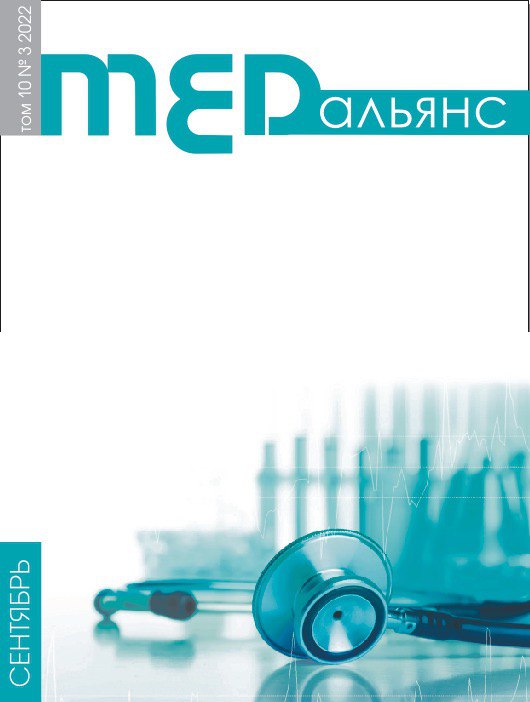Abstract
Introduction. There are 2 challenges when assessing the effectiveness of TB surgical treatment: а) significant dif- ferences between groups of patients after surgery and without surgery; and b) difficulty to assess effectiveness of surgical treatment separate from other comprehensive methods of treating TB, since it is based, first and fore- most, on evaluation of post-op complications and lethal- ity in the course of hospital stay. Маterials and meth- ods. Based on monitoring the data of 18,033 TB patients treated in Moscow throughout 2010–2015, effectiveness of surgical treatment was assessed by calculating the risk of adverse outcomes (AO) during 4 years: TB relapse, transfer of patient into the group of dispansery observa- tion of chronic TB forms (II GDN), death from TB or other
causes. Chances of AO in groups of operated and non-op- erated patients were assessed by way of multivariate lo- gistic regression, which allowed to compensate the dif- ferences between the groups. Results and discussion.
It was shown that in the group of operated patients vs non-operated ones: the chance of TB relapse 4 years af- ter the start of treatment was 2.1 times lower, the chance of patients’ transfer to II GDN group was 2.9 times lower, the chance of death from TB 2.4 times lower, while the chance of death from concomitant diseases and infec- tions, including HIV, was 3 times lower among patients after surgery. Conclusion. The results demonstrated that surgical methods as part of the comprehensive treatment of TB patients in Moscow allowed to significantly raise the effectiveness of treatment in the long-term perspective.

